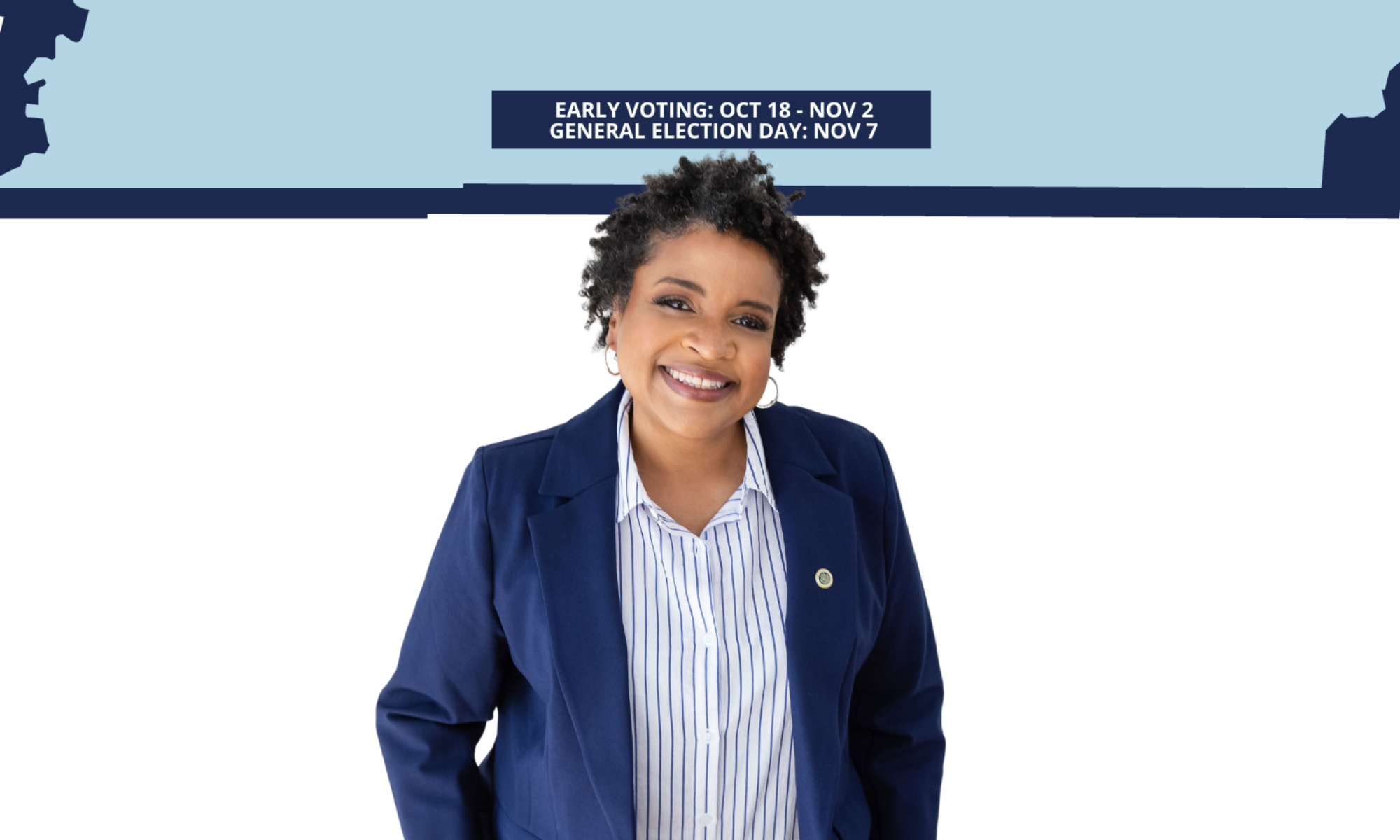To give City Council more time to review the budget, voters would need to approve six (6) amendments to the charter.
- Remove the requirement that city council pass the budget on first reading. Click here to read the proposed amendment to Charter, Section 901E.
- Change the final date to pass the budget to June 30. Click here to read the proposed amendment to Charter, Section 901F.
- Change the final date to pass the tax levy ordinance to June 30. Click here to read the proposed amendment to Charter, Section 901G.
- Change the final date to pass the capital improvements budget to June 30. Click here to read the proposed amendment to Charter, Section 901J.
- Change the final date to adopt the capital improvements program to June 30. Click here to read the proposed amendment to Charter, Section 801C3.
- Change the final date for the mayor to present the capital improvements budget to the city council to May 1. Click here to read the proposed amendment to Charter, Section 801C2.
Click here to read Section 901 of the Charter and click here to read Section 801.
Key provisions from state law:
- Prior to the beginning of each fiscal year, a local government should adopt a budget that meets all legal and program requirements and email it to the state within 15 days after adoption. The state does not require a city to adopt a budget by June 15.
- If a budget is not submitted to the state within 2 months of the beginning of the fiscal year (Aug 31st for the city of Knoxville), the city may not issue debt or financing obligations until the state has approved the budget, or as otherwise provided for in a manner approved by the state. In the case of an emergency, the state may waive the requirement of budget approval to allow cities to enter into emergency financial transactions. See Tenn. Code Ann. §§ 7-82-501, 9-21-404, 68-221-611, 68- 221-1306.
- Click here to read the Tennessee Budget Manual for Local Governments for more information about state law and policy governing the city's budgeting process.
Snapshot of Cities in Tennessee
Chattanooga has a priority-based budgeting system. Last year, they passed their budget in September after the election of a new mayor. City Council had to pass a continuance budget for the months of July, August, and September before adopting a full budget at the end of September. Read more here.
Nashville has a final date to approve the budget of June 30th before the fiscal year begins on July 1 and requires the budget to be passed on first reading before holding hearings. See more here.
Memphis requires the budget be submitted to City Council approximately 90 days prior to the end of the fiscal year (April 1) and the budget must be approved at least 3 to 4 weeks prior to the end of the fiscal year, which is June 30. Read more here.
Oak Ridge requires the budget be passed before the beginning of the fiscal year and gives City Council broad discretion to set the dates of the budget calendar outside of the charter. Oak Ridge has a city manager/council government system rather than a mayor/council. See more here.
Click here to read materials from the Municipal Budget Workshop, prepared by the Municipal Technical Advisory Service (MTAS) at the University of Tennessee, to learn more about the different budgeting processes in place in municipalities in Tennessee.

